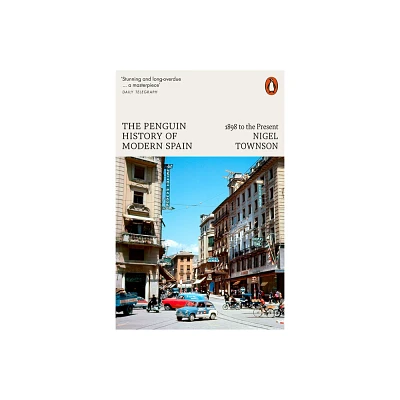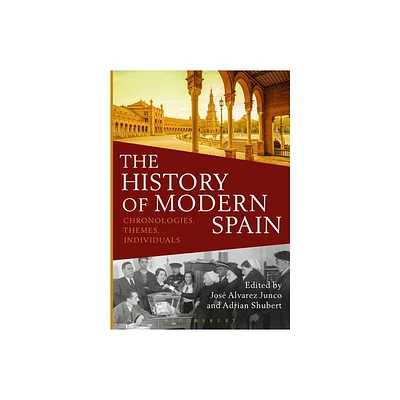Home
Residential Capitalism: Rent Extraction and Capitalist Production Modern Spain (1833-2023)
Loading Inventory...
Barnes and Noble
Residential Capitalism: Rent Extraction and Capitalist Production Modern Spain (1833-2023)
Current price: $180.00


Barnes and Noble
Residential Capitalism: Rent Extraction and Capitalist Production Modern Spain (1833-2023)
Current price: $180.00
Loading Inventory...
Size: Hardcover
*Product Information may vary - to confirm product availability, pricing, and additional information please contact Barnes and Noble
Over the last decade, Spain has become an emblem of the contradictory relationship between capitalism and housing. During the house-price boom of the 2000s, Spain built homes on an unprecedented scale, with output levels that overshadowed those of every major European economy. Nevertheless, when the fortunes of real estate markets turned, a wave of repossessions ensued, and a massive number of households were thrown out into the street as a sizeable portion of the housing stock was lying vacant. In turn, the implosion of Spanish residential capitalism triggered an intense wave of unrest that has come to shape a decade of political turmoil.
This book uses the Spanish case to bring to light, and theorise, the workings of residential capitalism. The author traces the evolution of residential provision from the nineteenth century to the present, situating the transformation of the housing market in a context of ongoing social change and conflict. The book shows how the present needs to be understood by looking at the historical process through which residential provision became subsumed under the logic of capitalist accumulation but also at a long genealogy of struggles around urbanisation and housing, the outcomes of which remain crystallised in Spain’s urban institutions. The author reveals how both residential capitalist development and urban social conflict have constituted each another, casting light on the historical relationship between housing crises, urban unrest, and the evolution of real estate markets. The book develops a historicist framework to understand residential capitalism, an important contribution for an age in which real estate markets have come to determine the rhythms of global capital.
Addressing key issues and debates in the field, including the financialisation of housing, the politics of scale and urban entrepreneurialism, the political economy of the Eurozone, and the history of capitalist development, this book will be of great interest to students and scholars of political economy, as well as those engaged in crossover fields such as housing studies, urban geography, or financial geography.
This book uses the Spanish case to bring to light, and theorise, the workings of residential capitalism. The author traces the evolution of residential provision from the nineteenth century to the present, situating the transformation of the housing market in a context of ongoing social change and conflict. The book shows how the present needs to be understood by looking at the historical process through which residential provision became subsumed under the logic of capitalist accumulation but also at a long genealogy of struggles around urbanisation and housing, the outcomes of which remain crystallised in Spain’s urban institutions. The author reveals how both residential capitalist development and urban social conflict have constituted each another, casting light on the historical relationship between housing crises, urban unrest, and the evolution of real estate markets. The book develops a historicist framework to understand residential capitalism, an important contribution for an age in which real estate markets have come to determine the rhythms of global capital.
Addressing key issues and debates in the field, including the financialisation of housing, the politics of scale and urban entrepreneurialism, the political economy of the Eurozone, and the history of capitalist development, this book will be of great interest to students and scholars of political economy, as well as those engaged in crossover fields such as housing studies, urban geography, or financial geography.


















